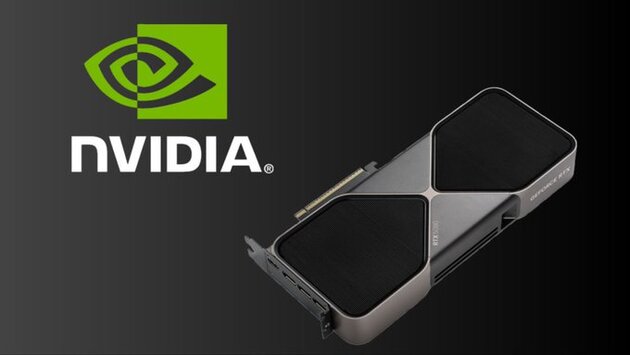
Is This the End of Nvidia's Global Dominance? China's Probe into H20 Chips Raises Security Concerns
Nvidia’s role as a leader in the AI chip market is facing fresh challenges after the Chinese government summoned the company over security concerns related to its H20 chips. If you’ve been following the latest in global tech tensions, you might wonder how this investigation impacts Nvidia’s future, especially in the critical Chinese market. In this post, we’ll explore what this probe means for Nvidia’s global dominance, why China is concerned about potential chip backdoors, and how this might influence the AI hardware landscape moving forward.
Why China Is Questioning Nvidia’s H20 Chips
China’s Cyberspace Administration has raised alarms about possible hidden access or “backdoors” in Nvidia’s H20 chips, specifically designed for the Chinese market. This action comes amid heightened tensions around US export controls and legislation requiring location verification systems on exported tech. China fears that these measures could enable remote monitoring or data breaches, threatening national security and data privacy. Understanding these concerns helps explain why regulators are scrutinizing Nvidia’s hardware, even as the company continues to rely on partners like TSMC to manufacture these chips.
What This Means for Nvidia’s Position in China and Beyond
The investigation could have far-reaching effects on Nvidia’s business in China, one of the largest markets for AI technology. If regulatory concerns lead to restrictions or bans, Nvidia might face significant hurdles in maintaining its foothold. This situation raises questions about the long-term viability of American chipmakers in global markets amid rising geopolitical risks. However, Nvidia’s advanced technology and partnerships might help the company navigate these challenges, but transparency and compliance will be critical moving forward.
Looking Ahead: The Future of AI Chip Manufacturing and Security
This development highlights a broader trend where chip security and sovereignty are becoming top priorities worldwide. The Nvidia H20 chip case illustrates how tech companies must balance innovation with regulatory demands and geopolitical realities. As global powers increasingly scrutinize hardware for security vulnerabilities, manufacturers will need to adapt their designs and supply chains accordingly. For users and industry watchers, staying informed about these shifts is essential to understanding the future of AI hardware and international tech competition.
𝗦𝗲𝗺𝗮𝘀𝗼𝗰𝗶𝗮𝗹 𝗶𝘀 𝘄𝗵𝗲𝗿𝗲 𝗿𝗲𝗮𝗹 𝗽𝗲𝗼𝗽𝗹𝗲 𝗰𝗼𝗻𝗻𝗲𝗰𝘁, 𝗴𝗿𝗼𝘄, 𝗮𝗻𝗱 𝗯𝗲𝗹𝗼𝗻𝗴. We’re more than just a social platform — from jobs and blogs to events and daily chats, we bring people and ideas together in one simple, meaningful space.